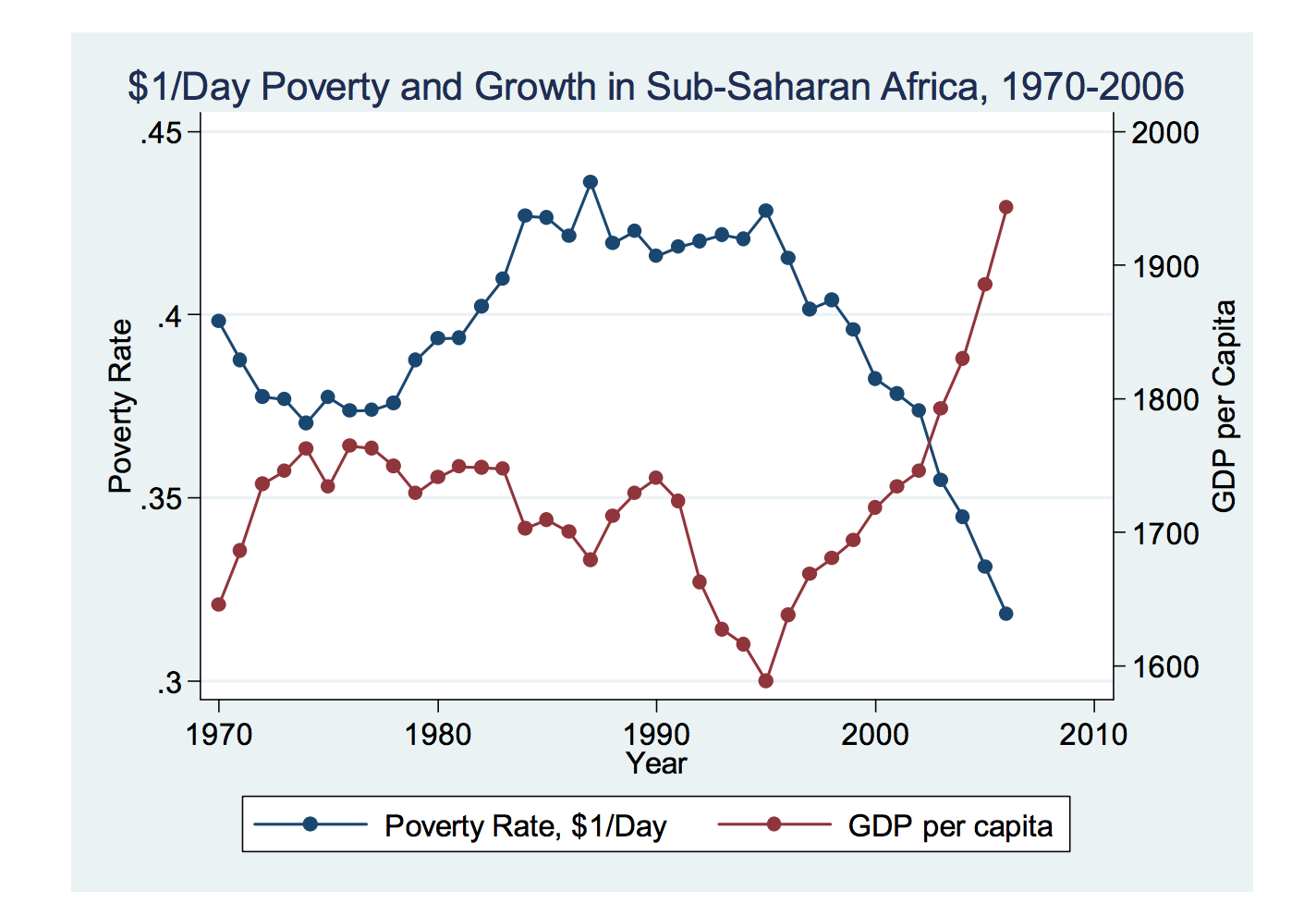After Thomas Piketty's Capital in the 21st Century told us about rising inequality, it's perhaps unsurprising that a new report from Oxfam tells us the global 1% will soon own half of all the world's wealth. But things are not quite as they seem. Oxfam's figures look at net wealth, implying that Societe Generale rogue investment banker Jerome Kerviel is the world's poorest person, and Michael Jackson was afflicted by the direst poverty before he died.
Ivy League graduates about to start a job as an investment banker at Goldman Sachs are judged far poorer than rural Indian farmers with the tiniest amount of capital.
Seven point five per cent of the poorest tenth of the world live in the USA, the figures say, almost as many as live in India.
And the claim that 85 own as much as 3.5bn is even more misleading, since the bottom 2bn don't have nothing, but negative wealth—something like $500bn of it.
What's more the global 1% probably contains more Times readers than CEOs or oil sheikhs—you need own a house worth around £530,000 to enter it.
All these facts skew Oxfam’s figures to make them astonishingly misleading.
Better figures tell a completely different and far more optimistic story.
Global poverty has actually fallen enormously with the rise of global capitalism. The fraction of the world's population living on less than $2 a day (measured in constant dollars) has crashed from 69.6 per cent in 1981 to 43 per cent today.
Even if you take out India and China, where the most spectacular improvements have been made, and look only at Sub-Saharan Africa, the worst-off region, there have been improvements. From 1981-2006 8.6 percentage points fewer were living on under $1 a day and 4.9 percentage points fewer were living on under $2 a day.
In virtually every respect global poverty is falling and poor people are living longer, better lives. That is less sexy than Oxfam’s claims, but at least it is true.










